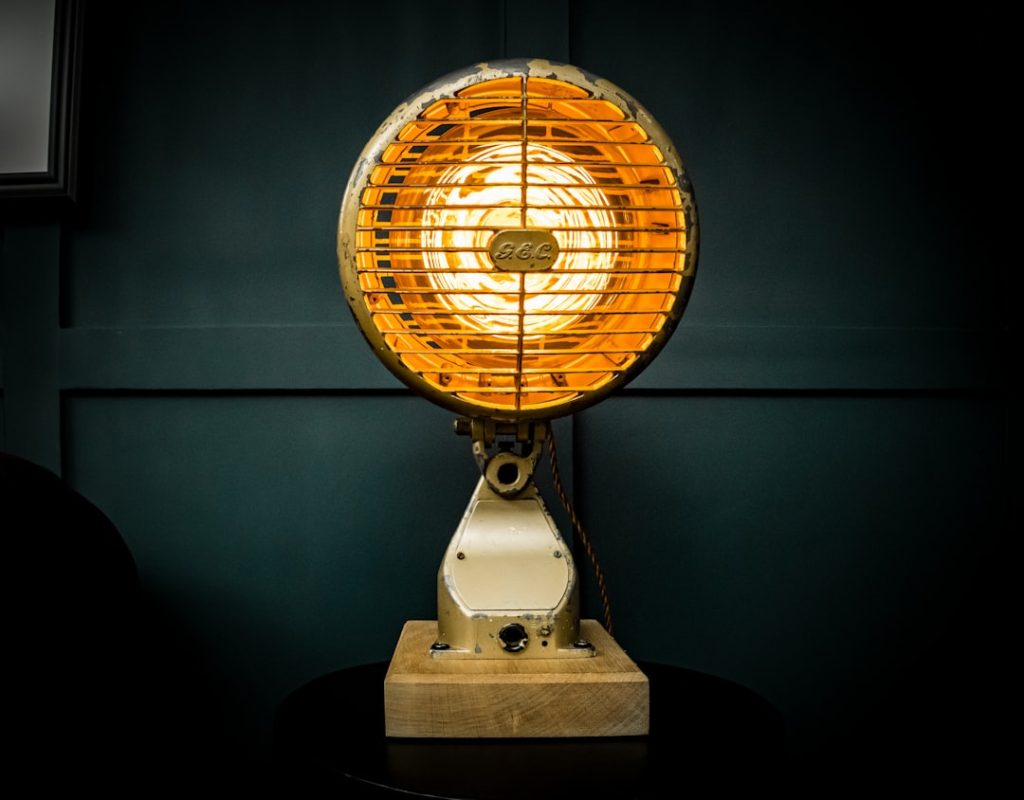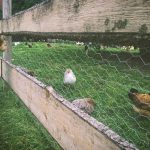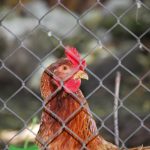Chickens are vulnerable to cold temperatures and can experience frostbite, hypothermia, and mortality if not adequately protected during freezing conditions. Frostbite can affect their combs, wattles, and feet, potentially causing tissue damage and infection. Prolonged exposure to cold without proper shelter can lead to hypothermia.
Freezing temperatures can also cause water sources to freeze, resulting in dehydration and associated health problems. Chicken owners must understand these risks and implement preventive measures to safeguard their flocks. Chickens have less efficient body temperature regulation compared to mammals, making them more susceptible to extreme cold.
Young chicks and older hens are particularly vulnerable to freezing temperatures. Chicken owners should be vigilant for signs of cold-related distress, including shivering, lethargy, and reduced egg production. Understanding the impact of freezing temperatures on chickens enables owners to take appropriate actions to maintain their flock’s health and well-being during winter months.
Table of Contents
- 1 Providing Adequate Shelter for Chickens
- 2 Insulating the Chicken Coop
- 3 Using Heat Lamps or Heaters
- 4 Ensuring Access to Fresh Water
- 5 Providing Nutritious and Calorie-Dense Food
- 6 Monitoring the Health and Well-being of Chickens
- 7 FAQs
- 7.1 What are the best ways to keep chickens from freezing?
- 7.2 How can I insulate my chicken coop to keep the chickens warm?
- 7.3 Is it safe to use heat lamps to keep chickens warm?
- 7.4 What should I feed my chickens to help them stay warm in cold weather?
- 7.5 How can I prevent my chicken’s water from freezing in cold temperatures?
Key Takeaways
- Freezing can pose serious risks to chickens, including frostbite and hypothermia
- Adequate shelter is essential for protecting chickens from the cold and wind
- Insulating the chicken coop can help maintain a comfortable temperature for the chickens
- Heat lamps or heaters can be used to provide additional warmth in the coop
- Access to fresh water is crucial for preventing dehydration in cold weather
- Nutritious and calorie-dense food can help chickens maintain their body temperature in cold weather
- Regular monitoring of the health and well-being of chickens is important during cold weather to prevent illness or injury
Providing Adequate Shelter for Chickens
Well-Constructed Coop with Proper Ventilation and Insulation
A well-constructed chicken coop with proper ventilation and insulation is essential for protecting chickens from the cold. The coop should be draft-free, with windows that can be opened or closed to regulate airflow.
Raised Coop and Dry Bedding Material
Additionally, it’s important to ensure that the coop is raised off the ground to prevent moisture from seeping in and causing dampness, which can contribute to cold-related health issues for the chickens. In addition to a well-built coop, providing a dry and clean bedding material, such as straw or wood shavings, can help insulate the floor and keep the chickens warm.
Regular Cleaning and Replacement of Bedding
It’s also important to regularly clean and replace the bedding to prevent moisture buildup, which can lead to cold-related health issues.
Protecting Chickens from Freezing Temperatures
By providing adequate shelter for chickens, owners can help protect their flock from the risks of freezing temperatures and ensure their comfort and well-being during the winter months.
Insulating the Chicken Coop
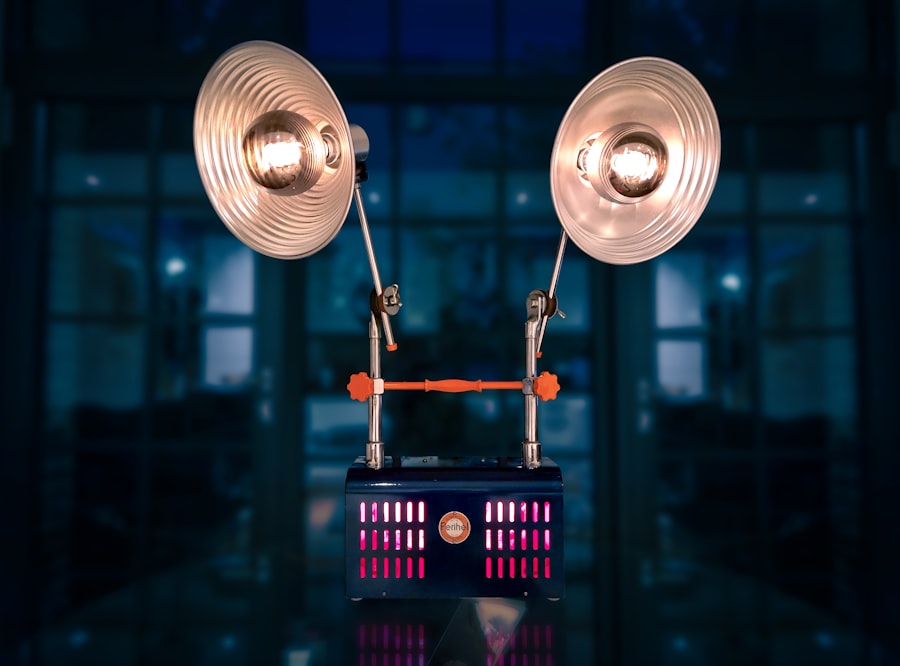
Insulating the chicken coop is a crucial step in protecting chickens from freezing temperatures. This can be done by adding insulation material to the walls, ceiling, and even the floor of the coop. Common insulation materials include foam board, fiberglass batts, or even recycled denim insulation.
Insulating the coop helps retain heat and prevent drafts, creating a more comfortable environment for the chickens. It’s important to ensure that the insulation material is properly installed and does not pose any safety hazards for the chickens, such as loose fibers that they could ingest. Additionally, it’s important to regularly inspect the insulation for any signs of damage or wear and tear.
By insulating the chicken coop, owners can help maintain a warmer and more comfortable environment for their flock during freezing temperatures.
Using Heat Lamps or Heaters
In extreme cold conditions, using heat lamps or heaters in the chicken coop can provide additional warmth and comfort for the chickens. Heat lamps can be hung from the ceiling of the coop to provide a source of radiant heat, while heaters can be placed on the floor to warm the air. It’s important to use caution when using heat lamps or heaters, as they can pose fire hazards if not properly installed and monitored.
When using heat lamps or heaters, it’s important to ensure that they are securely mounted and positioned away from any flammable materials. Additionally, it’s important to regularly check the cords and electrical connections for any signs of damage or wear. By using heat lamps or heaters in the chicken coop, owners can provide an extra layer of warmth for their flock during freezing temperatures.
Ensuring Access to Fresh Water
During freezing temperatures, it’s crucial to ensure that chickens have access to fresh water at all times. Water is essential for maintaining their health and well-being, and dehydration can lead to serious health issues for chickens. To prevent their water source from freezing, owners can use heated waterers or install heating elements in their existing waterers.
It’s important to regularly check the water source for any signs of freezing and to promptly address any issues that arise. Additionally, it’s important to monitor the chickens’ water intake and ensure that they are staying adequately hydrated. By ensuring access to fresh water, owners can help prevent dehydration and maintain the health of their flock during freezing temperatures.
Providing Nutritious and Calorie-Dense Food
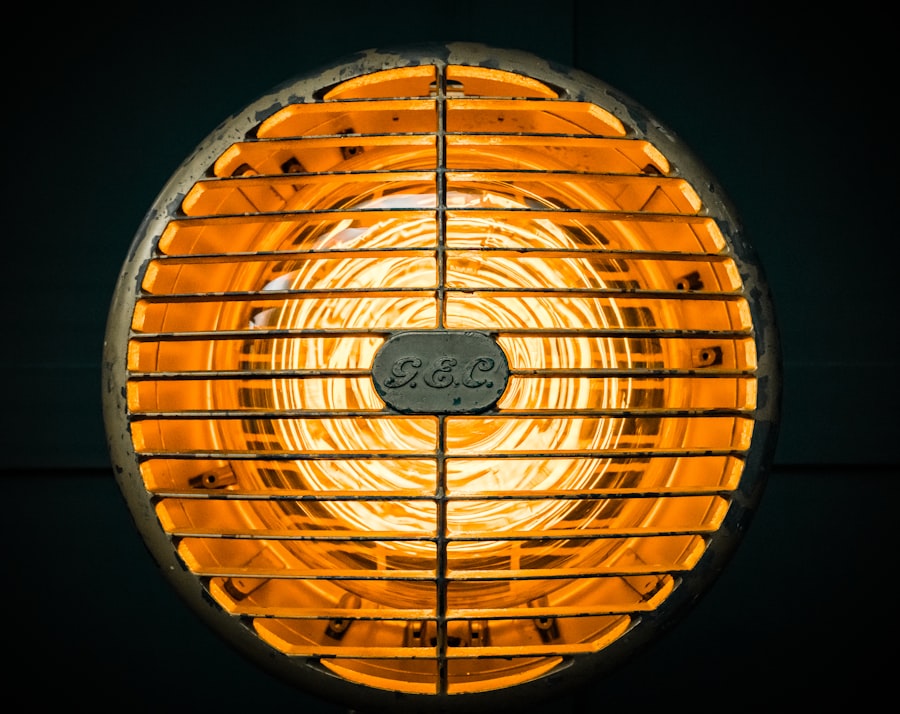
Nutritious Food for Cold Weather
During freezing temperatures, chickens require additional calories to maintain their body temperature and energy levels. Providing them with nutritious and calorie-dense food can help support their overall health and well-being during the winter months. This can include feeding them high-quality layer pellets or crumbles, which are formulated to provide essential nutrients and energy for egg production.
Supplementing with Scratch Grains and Cracked Corn
In addition to their regular feed, owners can supplement their chickens’ diet with scratch grains or cracked corn, which are higher in calories and can help generate body heat. It’s important to monitor their food intake and adjust their diet as needed based on their activity levels and environmental conditions.
Supporting Energy Needs
By providing nutritious and calorie-dense food, owners can help support their flock’s energy needs during freezing temperatures.
Monitoring the Health and Well-being of Chickens
Finally, it’s important for chicken owners to regularly monitor the health and well-being of their flock during freezing temperatures. This includes observing their behavior, checking for signs of distress or illness, and assessing their overall condition. It’s important to be proactive in addressing any health issues that arise and seeking veterinary care if needed.
Additionally, it’s important to regularly inspect the chicken coop for any signs of damage or wear that could compromise its ability to protect the flock from freezing temperatures. By monitoring the health and well-being of chickens, owners can identify and address any potential issues before they escalate, ensuring the overall comfort and safety of their flock during the winter months. In conclusion, understanding the risks of freezing for chickens is essential for providing proper care and protection during cold weather.
By providing adequate shelter, insulating the chicken coop, using heat lamps or heaters, ensuring access to fresh water, providing nutritious and calorie-dense food, and monitoring their health and well-being, owners can help protect their flock from the potential dangers of freezing temperatures. With proactive measures in place, chicken owners can ensure the comfort and well-being of their flock throughout the winter months.
If you’re looking for tips on how to keep chickens from freezing during the winter, you may also be interested in learning about whether guinea fowl can live with chickens. Check out this article to find out more about keeping different types of poultry together.
FAQs
What are the best ways to keep chickens from freezing?
Some of the best ways to keep chickens from freezing include providing a well-insulated coop, using heat lamps or heated waterers, and ensuring proper ventilation to prevent moisture buildup.
How can I insulate my chicken coop to keep the chickens warm?
You can insulate your chicken coop by using materials such as straw, hay, or wood shavings on the floor, adding extra bedding in nesting boxes, and sealing any drafts or gaps in the coop walls and windows.
Is it safe to use heat lamps to keep chickens warm?
Heat lamps can be used to keep chickens warm, but it’s important to use them safely to prevent fire hazards. Make sure to secure the heat lamp properly, keep it away from flammable materials, and use a heat lamp with a built-in safety feature.
What should I feed my chickens to help them stay warm in cold weather?
Feeding your chickens a balanced diet that includes high-energy foods such as grains and seeds can help them generate body heat to stay warm in cold weather. You can also provide additional treats like cracked corn or mealworms to give them an extra boost of energy.
How can I prevent my chicken’s water from freezing in cold temperatures?
You can prevent your chicken’s water from freezing by using heated waterers, placing a heated base under the waterer, or using insulated waterers. It’s important to check the water regularly to ensure it hasn’t frozen over.
Meet Walter, the feathered-friend fanatic of Florida! Nestled in the sunshine state, Walter struts through life with his feathered companions, clucking his way to happiness. With a coop that’s fancier than a five-star hotel, he’s the Don Juan of the chicken world. When he’s not teaching his hens to do the cha-cha, you’ll find him in a heated debate with his prized rooster, Sir Clucks-a-Lot. Walter’s poultry passion is no yolk; he’s the sunny-side-up guy you never knew you needed in your flock of friends!

